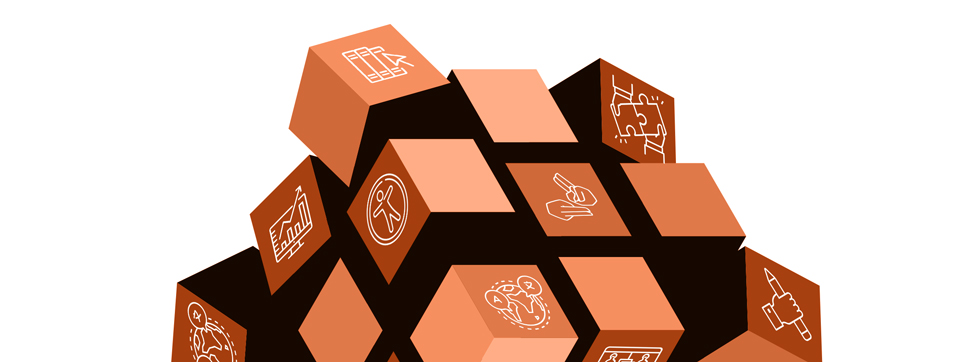
What barriers and opportunities exist for the schools and teachers in introducing, incorporating, and implementing edtech and encouraging its use in the classroom?
To what extent do support and professional development opportunities offered by the edtech venture (i.e., Kamkalima) influence the use and incorporation of the edtech tool in and outside the classroom?
How do the school and external environment influence how teachers and schools can implement edtech in the classroom towards transformational teaching and learning practice?
Drawing upon experiences and findings from WISE’s second full iteration of its edtech testbed, the report finds that teachers, despite seeing the potential benefits of the edtech platform to enhance teaching and learning of Arabic, face challenges to engagement, resulting in underutilisation of the platform and limited pedagogical changes or innovation. In fact, the limited autonomy of teachers to design and deliver Arabic curricular plans and lessons is a key barrier, as teachers are expected to deliver a large amount of content in a short amount of time, and the rigid curricular standards do not provide teachers much room for creativity or innovation. Given this challenge, teachers who are self-motivated to fully explore and engage with the edtech tool and have seen the benefits of the edtech platform are the ones who work within the constraints to incorporate the edtech platform into teaching and learning practice in the classroom. Reflecting on its findings, the report raises questions and key considerations for engaging schools and teachers meaningfully in edtech and how edtech testbeds can be designed to support edtech ventures’ growth and sustainability through participation in the testbed. The report concludes by recommending how edtech testbeds can leverage its resources and play an intermediary, coordinating role to support edtech ecosystem growth.


